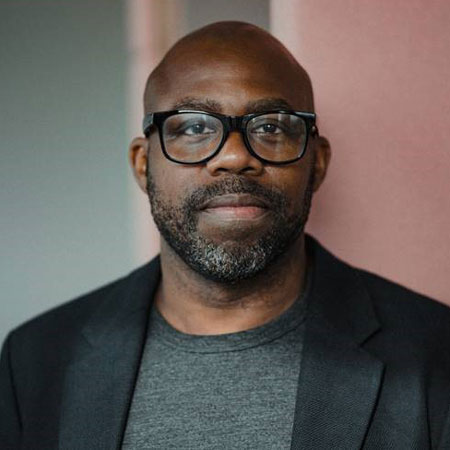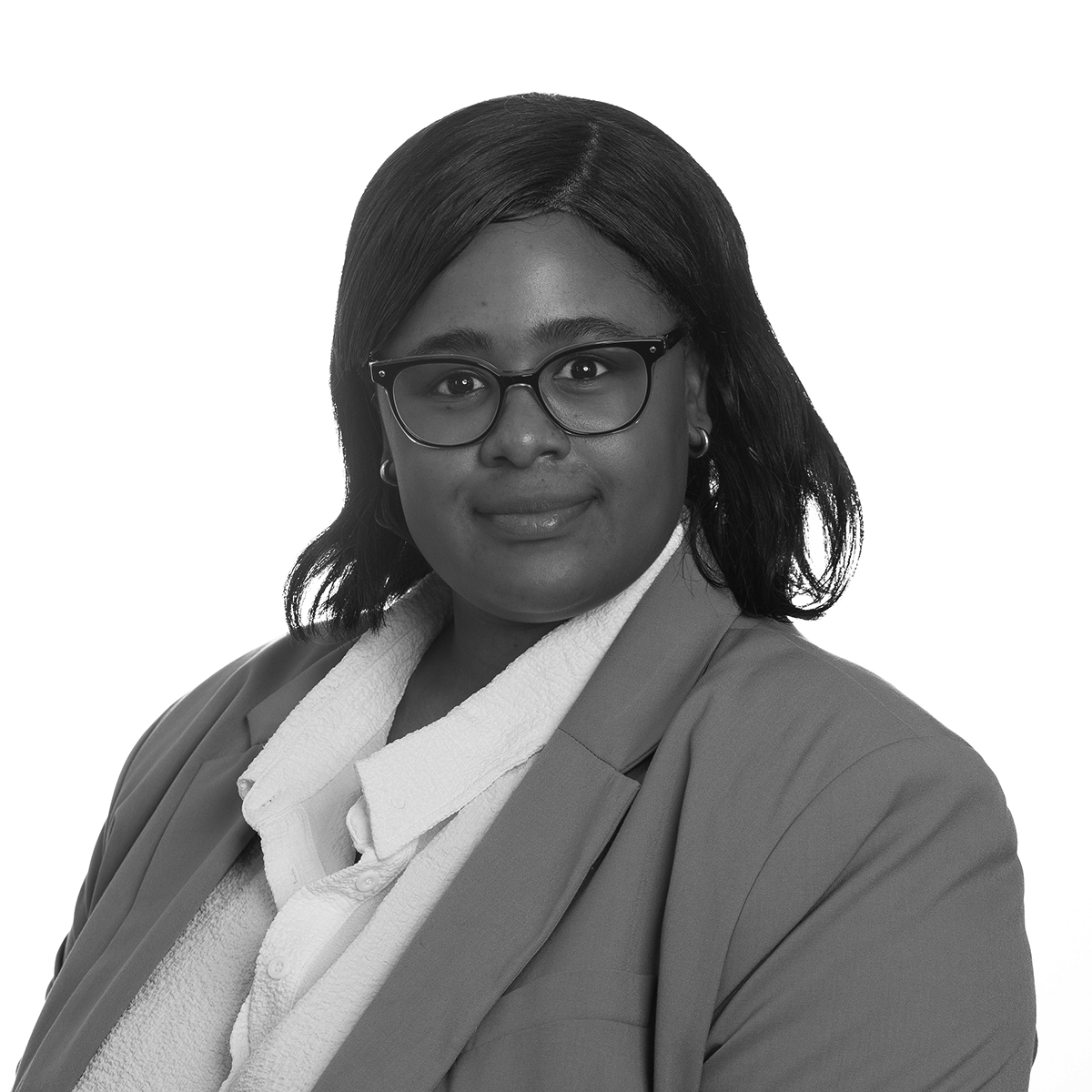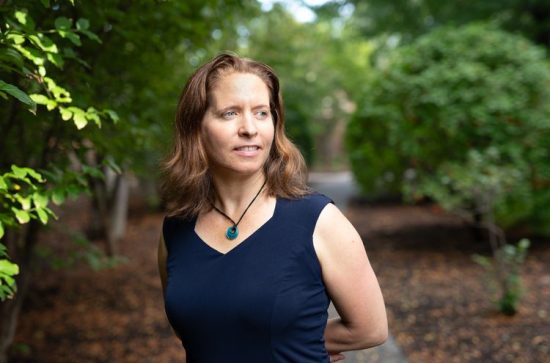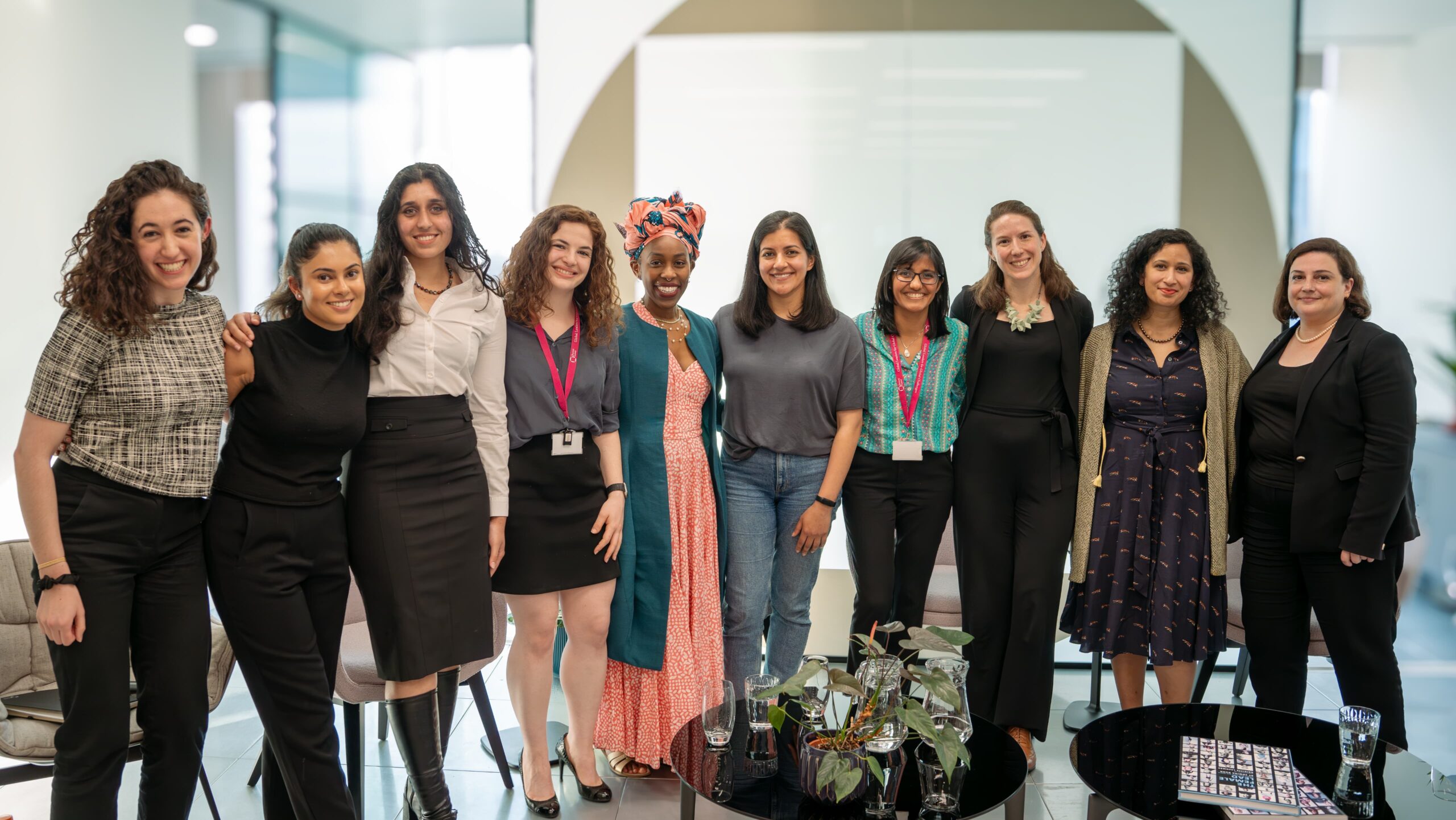Kundai Mtasa is an Associate Consultant in the in the Social Impact and Environment Practice.
Her experience of senior level executive search includes Chief Executive, Board and senior appointments internationally and domestically for non-profit organisations such as The Royal Foundation, Sports England, WHO Foundation, The Ocean Clean-Up, Avaaz and Action Aid International.
She holds a Masters in Leadership and Development from King’s College London. Prior to joining Perrett Laver, she was Programme Officer at the African Centre for the Constructive Resolution of Disputes (ACCORD)in South Africa, where she worked on issues to do with Women, Peace and Security.








